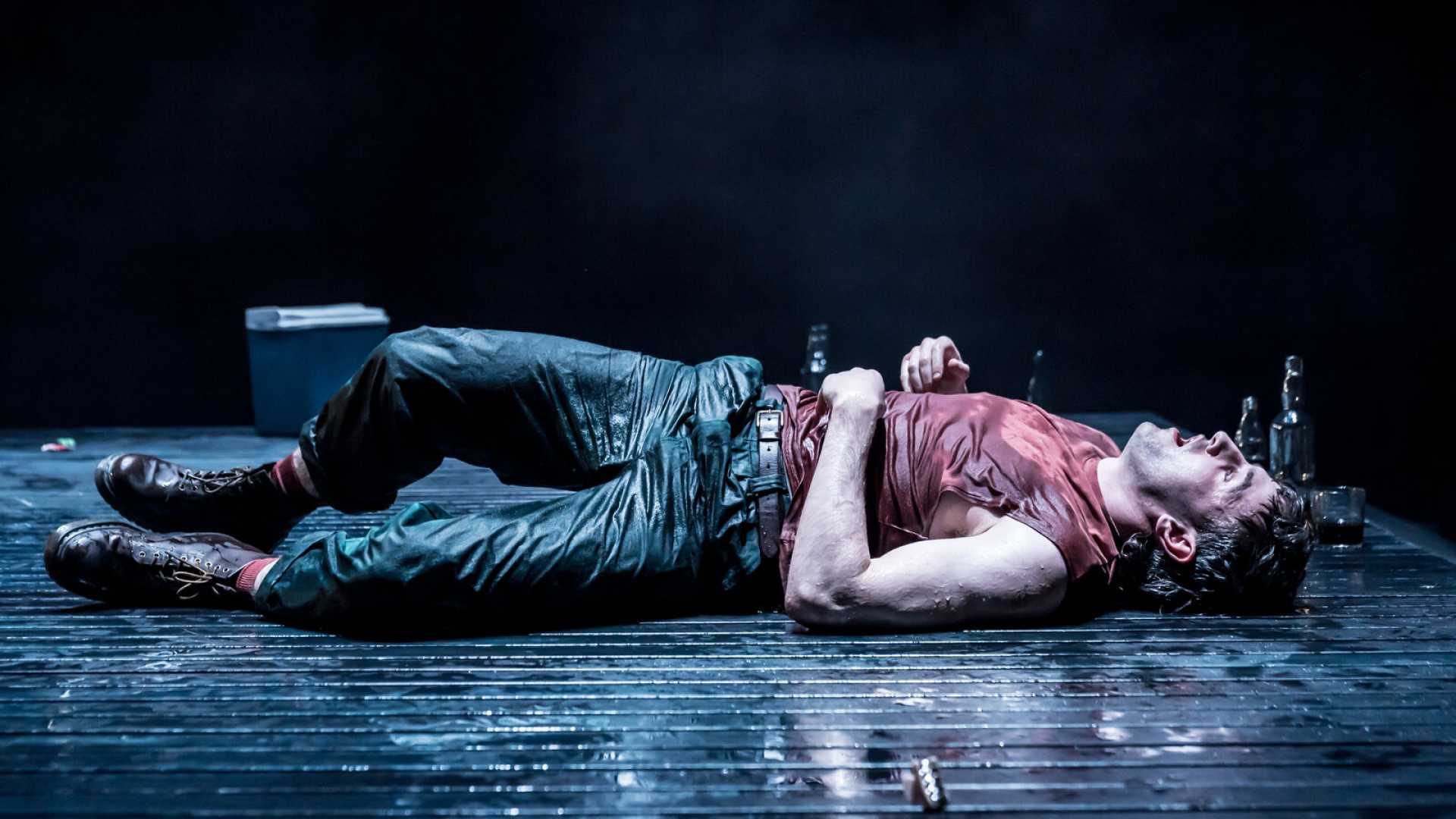Entertainment
Paul Mescal Returns to Stage in Acclaimed ‘Streetcar Named Desire’ Adaptation

LONDON, England — On a chilly January afternoon, Oscar-nominated actor Paul Mescal speaks with conviction about his role in one of the most talked-about productions of Tennessee Williams‘ A Streetcar Named Desire. The 29-year-old Irish actor reflects on what he calls ‘unfinished business’ as he prepares for the show’s upcoming limited run at the Brooklyn Academy of Music.
Mescal’s portrayal of Stanley Kowalski has garnered much acclaim, overshadowing previous roles that launched him into the spotlight, like Connell in Normal People and Lucius in Gladiator II. The production, created by award-winning director Rebecca Frecknall, debuted at the Almeida Theatre in 2022 and features notable performances from Patsy Ferran as Blanche DuBois and Anjana Vasan as Stella. Mescal describes the initial reception of the show as an ‘old-school sellout,’ attracting Hollywood luminaries such as Angelina Jolie and Nicole Kidman.
Initially performed at the Almeida Theatre, the play transferred to the West End’s Phoenix Theatre, where resale tickets skyrocketed in value due to the high demand. Mescal acknowledged, “I was like, Oh, f***, that’s the first time that’s happened!” Despite the success, Mescal felt something was missing, noting, “playing an American classic and not taking it to the lion’s den….”
The London production, which won three Olivier Awards, including Best Actor for Mescal, is now poised to enchant audiences in Brooklyn. “I love the characters. I find it dangerous. I think it’s sexy,” he said, clearly eager to return to the role.
Frecknall’s reinterpretation of Streetcar focuses on intimate dynamics, bringing fresh empathy to Blanche’s character. “This is about watching someone who has survived great trauma since childhood,” Frecknall explained, shifting the narrative’s focus from Blanche’s demise to her resilience.
Mescal’s approach to Stanley taps into the character’s raw emotion. “It’s cathartic,” he described the role, which features explosive scenes and emotional turmoil. Frecknall recalled a moment during a workshop where Mescal got on all fours and snarled, saying, “That’s the scariest thing I’ve ever seen.”
Frecknall, sharing her vision, said, “People think of Streetcar as a play about Blanche and Stanley. But when Williams first pitched it, he said, ‘I’m writing a play about two sisters.’” This interpretation highlights the bond between Blanche and Stella, enriched by the performers’ deep affinity, as noted by Frecknall.
During an interview away from rehearsals, both Ferran and Vasan exhibited a strong camaraderie. Ferran, who was thrust into the role of Blanche shortly before opening, said it felt liberating to take risks in her performance. “I was allowed to fail by coming in so late,” she noted.
Vasan, portraying a fiercer Stella, countered the common perception of her character as passive. “Just because she’s a victim of domestic violence doesn’t mean she doesn’t give back,” she asserted, showing her commitment to redefining Stella’s portrayal.
As rehearsals continue, the intensity of the production grows. Mescal, reflecting on his experiences at the Almeida, said, “If somebody touches you inappropriately, you’re totally within your right to be like, ‘Stop f***ing doing that.’”
The cast is looking forward to the challenges of performing in Brooklyn. Mescal describes the structure of theater as a comforting routine, providing an escape from the fluctuations of film work. “It’s a fantastic escape,” he says. On the horizon are several film projects, including the historical queer romance The History of Sound and a screen adaptation of Hamnet.
Ferran and Vasan are also carving out their paths, with Vasan gaining fame in the series We Are Lady Parts and Ferran set to portray Jane Austen in an upcoming BBC miniseries. The trio expresses excitement about reuniting on stage for this iconic piece.
“Not many people get a chance to do Tennessee Williams,” Vasan noted. “When you’re in it, you feel more alive. That’s how I want people to leave.”












